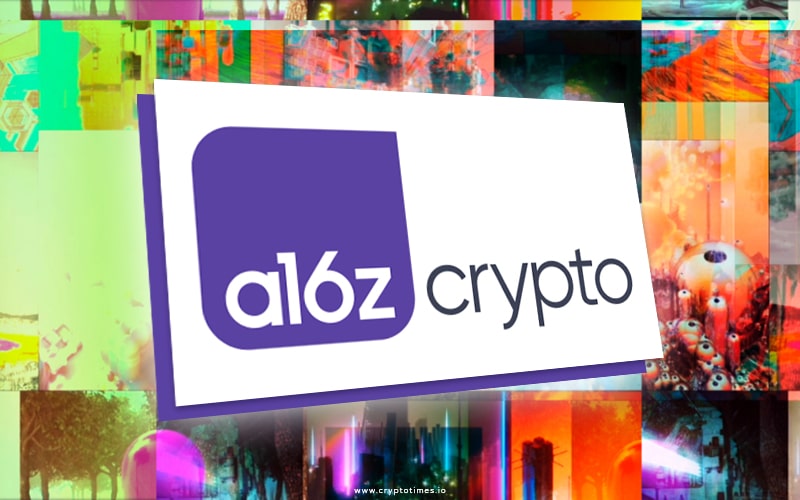The “Can’t Be Evil” NFT licenses from venture capital juggernaut Andreessen Horowitz (a16z) are intended to enable NFT makers and collectors to forego the legal knowledge necessary to plan what they wish to do with their newly generated or acquired NFTs.
The new licensing terms by a16z, inspired by the Creative Commons licenses, are freely usable by any project creator and offer various approaches for NFT projects, from strict personal use restrictions to more open licenses that permit anyone to use the artwork for any purpose.
In addition to removing potential copyright flaws that can result in legal repercussions, this is done by a16z in order to make the NFT project’s copyright license more explicit.
The statement states that one of Web3’s guiding concepts is “Can’t Be Evil,” which is a play on Google’s catchphrase “Don’t Be Evil.”
The blog post noted, “Whereas currently many NFT holders have to trust creators and previous owners to make ‘not-evil’ decisions regarding their NFTs, projects using ‘Can’t Be Evil’ licenses can make NFT ecosystems more trustless, providing holders with a minimum baseline of standard real-world rights, thereby harmonizing real-world ownership with on-chain ownership.”
The CBE NFT licenses serve three core purposes:
- Protect creators’ IP.
- Grant NFT holders a baseline of rights that are irrevocable, enforceable, and easy to understand.
- Help creators & their communities unleash the economic potential of their projects.
a16z crypto hired pseudonymous crypto influencer ‘Punk6529’ to help define the licenses. Additionally, it has collaborated with unnamed portfolio companies as well as the law firms Latham & Watkins LLP and DLA Piper for developing the license.
The six CBE licenses launched are likewise made to be applicable broadly and give users a selection of options. This should make it easier for artists, creators, and anybody else to participate in the NFT ecosystem.
A smart contract containing the CBE licenses has been deployed to Arweave so that developers can include it directly into their NFT projects. They are also available on GitHub for download, use, forking, iteration, and improvement.
This move by a16z came just two weeks after Galaxy Digital uncovered the truth behind NFT IP rights of BAYC and Moonbirds. In the case study, Galaxy Digital did call out Proof Collective for Moonbirds’ transition from the commercial use license to the Creative Commons license.






